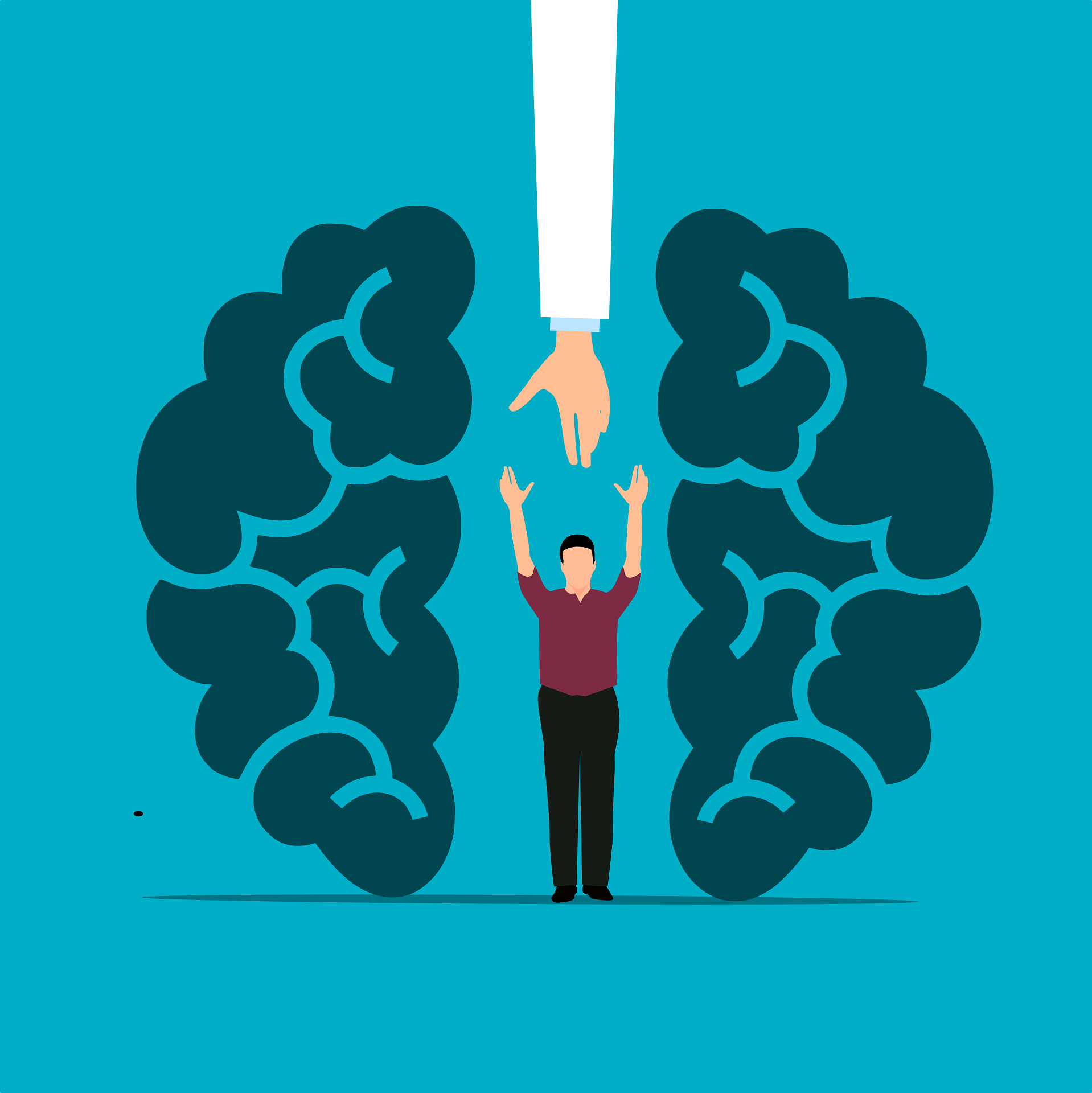How to improve your Mental Health
What exactly is Mental Health?
Mental health encompasses our emotional, psychological, and social well-being, influencing how we perceive, feel, and respond to life’s challenges. It plays a vital role in our ability to manage stress, maintain relationships, and make decisions effectively. Mental health matters throughout all stages of life, from childhood and adolescence to adulthood and aging.
Why is mental health significant?
Mental health contributes to various aspects of our lives, enabling us to:
Navigate life’s pressures
Maintain physical well-being
Cultivate healthy relationships
Contribute meaningfully to our communities
Achieve productivity in work and other endeavors
Fulfill our potential to the fullest extent
How can we enhance our mental health?
There are numerous strategies to promote mental well-being, including:
Embracing positivity: Maintaining an optimistic outlook is crucial. Balancing positive and negative emotions is key; acknowledging negative feelings while striving to retain a positive mindset aids in resilience and problem-solving.
Expressing gratitude: Practicing gratitude involves recognizing and appreciating the positives in life, whether big or small. Regularly reflecting on what one is thankful for can shift perspectives and foster resilience.
Caring for physical health: Physical and mental health are interconnected. Prioritizing physical health through regular exercise, sufficient sleep, and balanced nutrition not only boosts physical well-being but also enhances mood and reduces stress.
Fostering social connections: Human beings thrive on social interaction. Building strong, supportive relationships with family, friends, and community members offers a sense of belonging and aids in stress management.
Finding purpose: Engaging in meaningful activities, whether through work, volunteering, or personal growth endeavors, fosters a sense of purpose and fulfillment.
Developing coping skills: Equipping oneself with effective coping mechanisms enables better resilience in the face of challenges. Techniques such as meditation, relaxation exercises, and deep breathing can promote emotional regulation and stress relief.
Seeking support: Recognizing when professional help is needed is crucial. Therapy and medication can effectively address mental health disorders. Consulting a primary care provider is a good starting point for accessing treatment options.
In summary, prioritizing mental health is essential for overall well-being and quality of life. By adopting healthy habits, fostering supportive relationships, and seeking appropriate assistance when needed, individuals can enhance their mental resilience and lead fulfilling lives.

